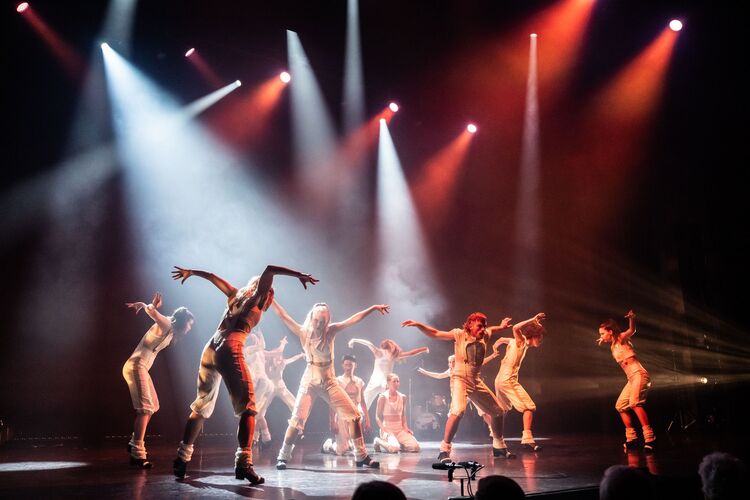I was recently giving a talk to the Irish Business Organization and was asked by host Shelley Ann Quilty-Lake to describe my own emigration from Ireland to New York.
I began by describing life in the city in the 1970s.
Though the era is usually painted as being dangerous and crime-ridden, it was also exciting and gloriously inexpensive.
Reggae pulsed through the city accompanied by the sweet pungency of marijuana, while Punk was reinvigorating staid rock music. A couple of gigs a week in The Bronx or Greenwich Village easily paid for my rent-stabilized apartment.
Then in the midst of my feel-good story a series of anguished faces flashed through my mind. All Irishmen, they ranged in age from early 20s to late 70s, faces I’d forgotten or stored in some cobwebbed mental attic
They sat or stood at bars I’d played across the country from Bainbridge Avenue to Geary Street in San Francisco.
Some wore leather jackets and torn blue jeans, but most were dressed in the Irish evening attire of sports coat and cavalry twill trousers; each had told me some variant of our common emigrant story.
Many had arrived in the late 1950s fleeing lack of work and opportunity. More came in the 1980s when people were exiting Ireland at such a clip the joke was “last one out, turn out the lights!”
They had ended up in some American city or other because there was no life for them at home.
They had never married, and had settled for some form of employment that guaranteed them a room, and enough money to spend most nights at a local Irish watering hole.
When they’d finally scraped up the fare to go home to a funeral or wedding, they found that their notion of Ireland had changed, they didn’t even fit in socially anymore, dashing all hope of a permanent return.
I ran into many of their ilk while traveling around America in the back of a van. They liked Black 47 – not the harder edged rock or funk music, but the unvarnished anthems about emigration and politics.
Songs like "Livin’ in America" and "James Connolly" would lead to post-gig conversations at the bar, and eventually to heartfelt revelations about the country of their birth. Shots of Jameson, and the knowledge that I’d be leaving town in the morning with their secrets, often led to late night eloquence.
These people weren’t whiners or looking for sympathy, it’s just that they’d come to the hard-won realization that their particular die had been cast at an early age.
The Irish system of education that they had experienced was brutal. Class sizes were often above 40 and corporal punishment was the rule.
I knew what they were talking about, for in my own Christian Brothers Primary School boys were beaten unmercifully, not so much by the brothers themselves, but by the young state-employed, lay teachers.
Words like dyslexia or autism were barely known, let alone that students might suffer from such conditions.
It was one size fits all. if you didn’t know an answer you were first humiliated and then beaten with a stick or a stiff leather strap until your hands were numb or raw. No wonder so many children abandoned school at the legal age of 14.
The unholy alliance between church and state didn’t help. Emigration kept the country subservient and manageable. Let them go; less to feed and educate on the island of saints and scholars!
There was never a suggestion that remedial classes be given to young emigrants to help them fit into a foreign industrial society. Why bother. Sure didn’t they have the rosary beads to guide them?
Ireland is a much different country now. Young people receive a humane education and many never think of emigrating. Irish consulates are aware of their responsibility to senior emigrants and regularly provide grants to organizations like the Aisling Irish Community Center, The New York Irish Center, the Emerald Isle Immigration Center, and other caring groups across the country.
But still I can’t forget the faces of those late night confidants who should never have had to leave their homes and native country.
Their humble stories are as important as the successful ones we celebrate. Their courage and their lonely fortitude still inspire me.








